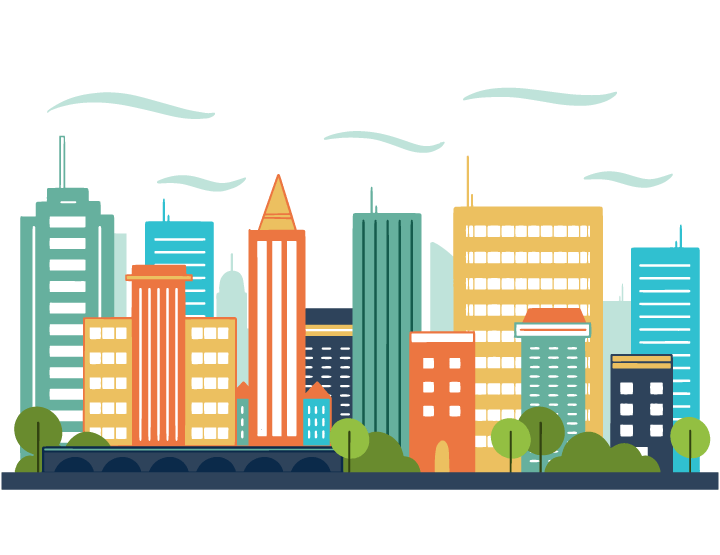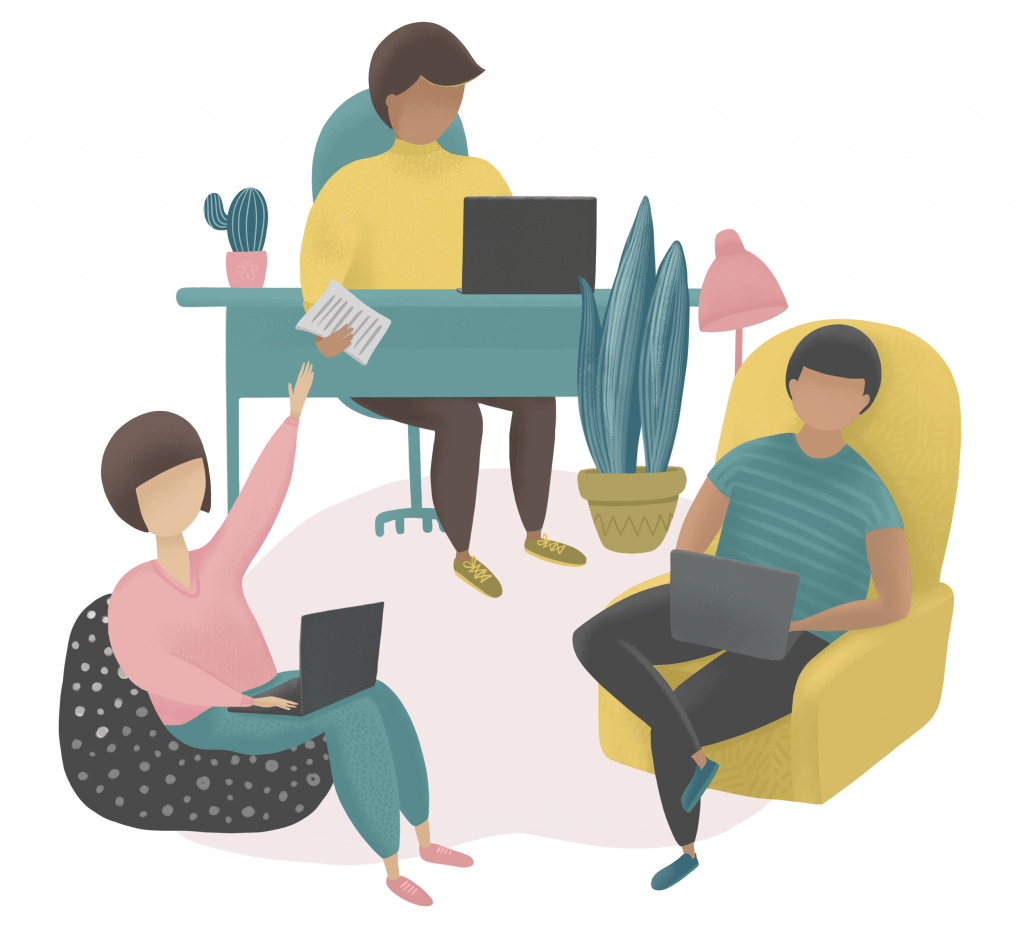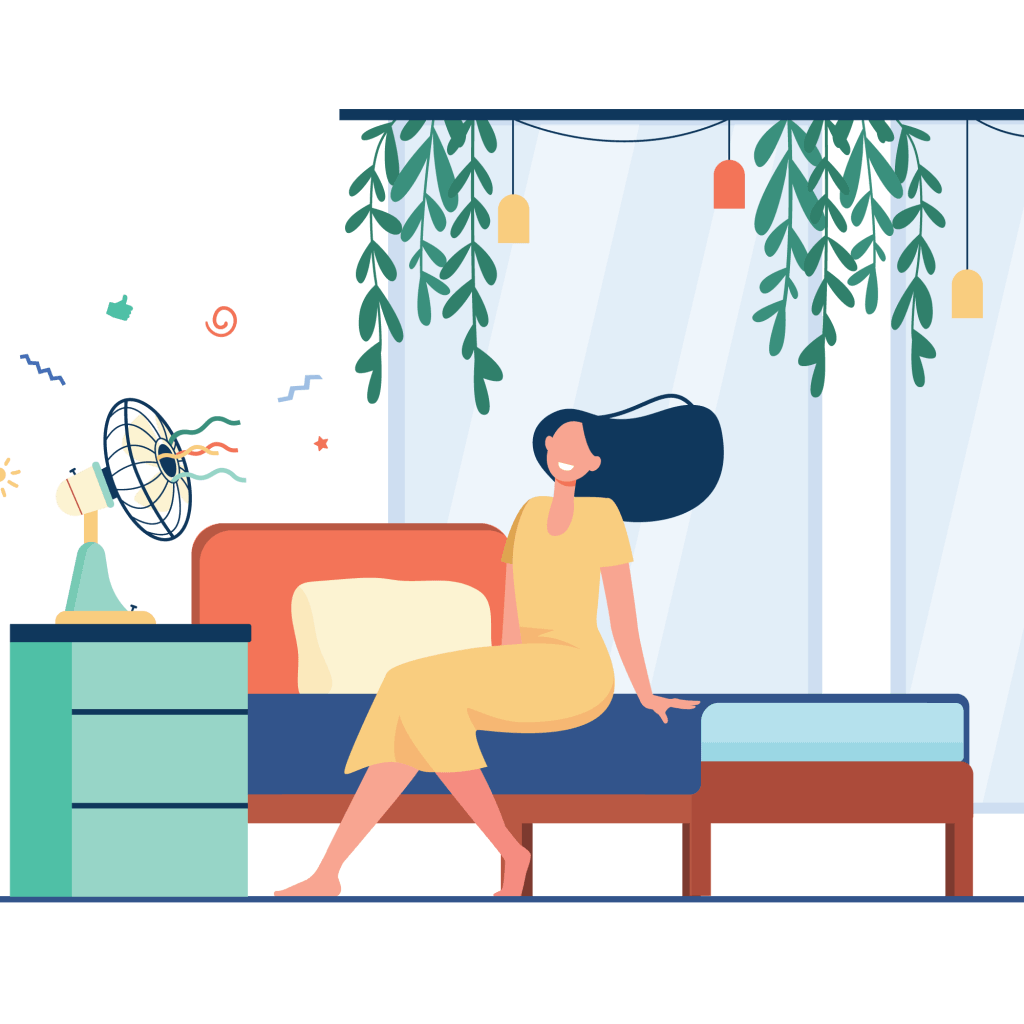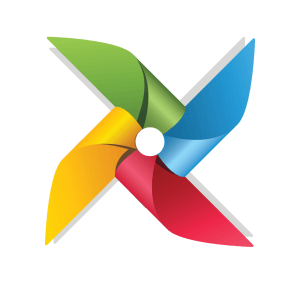
Discover the new life that you can live in one of the most mind blowing places in the world. Explore the amazing things that Victoria has to offer you.
Melbourne is the capital city of the state of Victoria and is home to more than 5 million people. Adelaide is the capital city of South Australia, and is the fifth largest capital city with a population 1.4 million people. We have a proud history of cultural diversity – we’re made up of many different people from all kinds of cultures and all ages. We’re inclusive, progressive and respectful of people’s differences.
The official language spoken in Melbourne and Adelaide is English, but more than 100 languages are spoken by cities residents including Mandarin, Italian, Greek, Cantonese, Arabic and Vietnamese.
Preparing to travel once an offer has been accepted, it is time to prepare for departure. In order to have a smooth transition from home to Melbourne or Adelaide, you should be prepared.
We are going to give you a brief overview of how much you can expect to spend living in Melbourne and Adelaide, and what you can expect to spend your money on.
Overseas Student Health Cover (OSHC) provides cover for hospital and medical treatment if you get sick, helps meet student entry requirements and ensures you get your visa letter instantly.
Accommodation costs vary depending on where you choose to live. Use the following as a guide:
Homestay is a great choice for students wanting to experience living in an Australian home, while at the same time improving their English language skills. Students generally have their own furnished bedroom and share living spaces with their homestay family.
Weekly rates are approximately AU$280. Meals are included; however, telephone calls and travel expenses are not. The placement cost is AU$220 – $280.


Student apartment complexes are fully furnished and allow students to live independently in a secure and supportive residential environment. As these complexes are very popular, there is a high demand when vacancies are advertised. Utility costs are not usually included in the rental price. Rent can vary from AU$300 – AU$400 per week.
There are many private hostels in the city, offering a furnished bedroom, shared bathroom, living and leisure areas. Some hostels provide meals, while others provide kitchen facilities. Computer facilities may also be available. Weekly prices range from AU$240– AU$480 (extra costs may include payment of a bond).
Accommodation is usually offered on a three, six (one semester) or 12-month basis. Students are advised to arrange hostel accommodation once they arrive in Australia.


In share houses, each person usually has their own bedroom and shares the kitchen, bathroom and living areas. Rental costs range from AU$140–AU$240 per person per week, depending on location and facilities.
Other expenses include food, gas, electricity, transport, telephone and Internet connection.
Real estate agents offer a variety of rental accommodations including houses, flats and apartments. The average weekly rent ranges from AU$250–AU$350 for a one bedroom flat/apartment, and AU$300–AU$450 for two bedrooms.
Other expenses include food, gas, electricity, transport, telephone and Internet connection.
We are going to give you a brief overview of how much you can expect to spend living in Melbourne, and what you can expect to spend your money on.
Most students need around AU$20,000 (excluding tuition fees) each year to cover their living expenses. It is advisable that you have some cash with you for the initial expenses upon arrival, but do not carry large amounts of cash.
You should also consider the following expenses:

Overseas Student Health Cover (OSHC) provides cover for hospital and medical treatment if you get sick, helps meet student entry requirements and ensures you get your visa letter instantly.
All students on a student visa must have private health insurance while studying in Australia.
You find some of the most popular providers the following options:
This can be arranged by CLC or students can arrange by themselves. Contact us for more information.


CLC Program ensures your career moves in the right direction.
We are committed to providing you with the best possible learning
© 2024 All rights reserved. City Language Institute Pty Ltd T/A City Language Centre | CRICOS: 03893M